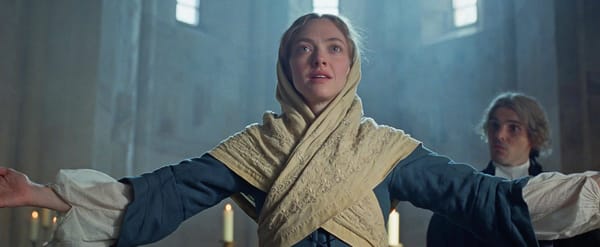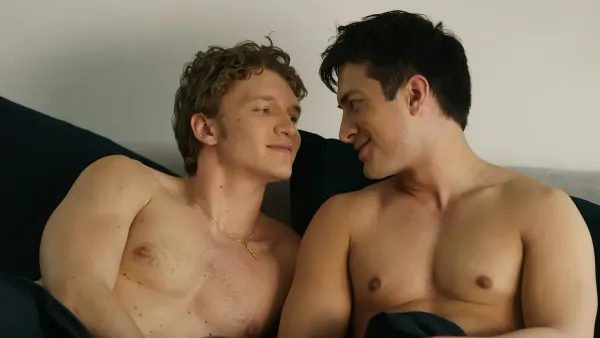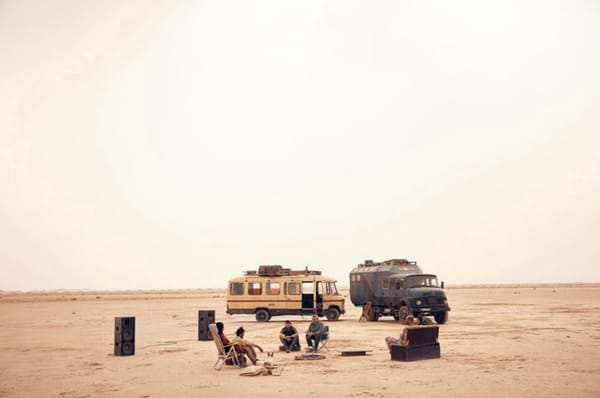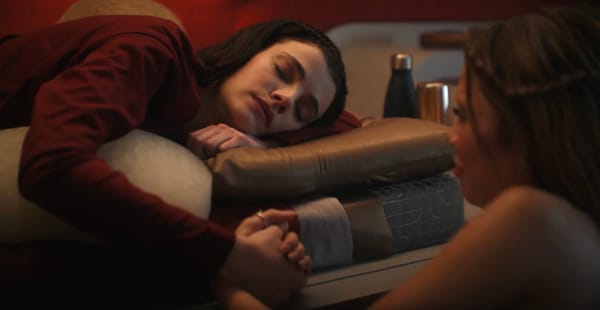Episodes: God only knows what I'd do without Big Love
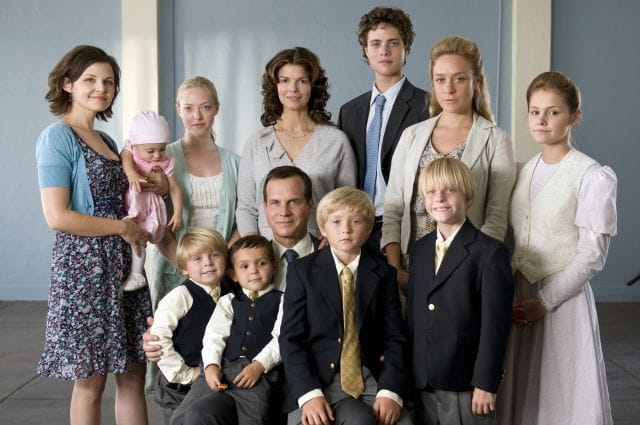
A couple of weeks ago, I suggested in this space that religion is really tough to make good series about. My explanation for this, in a nutshell, is that any good story about religion requires us to believe, just a little bit, in religion ourselves, if only in the fictional context of the show. That's something a novel can do really well, a film can do adequately, and television struggles with because of how much room it has to spread out.
I suggested in that piece that the polygamy drama Big Love was an exception to that rule, and because I think the show is one of the most unfairly unheralded of its era, I want to dig a little into why this is the case.
Before we begin, I should say that the thing that keeps Big Love from the pantheon is a fourth season that tries to do far too much and ends up spinning its wheels as a consequence. The show was always a high-gloss soap, with characters getting yanked around by absurdist, over the top plots. But season four seemingly abandoned the tight character focus that had made the crazy plotting palatable. The show, having burned through creators Will Scheffer and Mark Olsen's six-season plan for the series in just three seasons, started winging it, seemingly, and the result was a chaotic mess. The fifth and final season is better, but never reaches the heights of the first three.
That said, at its best, Big Love was like an antidote to so much of what made dramas of the era occasionally enervating. It was focused, first and foremost, on relationships and community, instead of heroes off on their lonesome. (In that regard, it was like a Lost where the characters felt they had all of the mysteries solved already.) It was deliberately female-centric, with three tremendous performances from Jeanne Tripplehorn, Chloe Sevigny, and Ginnifer Goodwin, to say nothing of a lovely supporting performance from Amanda Seyfried. (Seyfried is just fine on the big screen, but I think television is a much better medium for her skills.)
But what was best about the show was the way that it drew you into the world of a modern polygamist compound and made you at least semi-invested in seeing those who lived within it find happiness, all the while reminding you that polygamy, at least as it was practiced by these people, was a tool of the patriarchy meant to keep women from truly fulfilling any role other than wife and mother. It was a tricky balance, one the show couldn't always manage, but when it could, it was absolutely masterful.
The genius thing Big Love did was essentially implant its central religion within its central family. Thus, the stakes for leaving the religion (or for questioning it) were always about leaving or questioning the family, which are much higher dramatic stakes. We didn't need to buy into polygamy or fundamentalist LDS sects in the slightest to get concerned when, say, Seyfried's character, Sarah, got pregnant and feared what her father might do, or when Tripplehorn's character, Barb, questioned everything she had given up in letting her husband take a second and third wife. The show was never about religion. It was about family.
This is why the series always struggled when it headed off to Juniper Creek, it's more "traditional" polygamist compound, headed up by one big wheel guy (the always unnerving Harry Dean Stanton), who kept an entire family in his thrall, took child brides, and did all other sorts of unsavory things. These stories could be interesting, occasionally, but only insofar as they intersected with the characters we all cared about. This section of the show never grounded the religion in the family, and it always suffered for it.
Because the reason to stick with a religion, any religion, is because it makes you feel like a part of something bigger than yourself. When I think about the things I miss from my days as a fundamentalist Christian, I never think about teachings or practices or rituals. I, instead, think about the people I knew, the relationships we had, and the way that the church could feel like the warmest, most open place on Earth -- until it suddenly wasn't.
Big Love captured, I think, both the feeling of warm, welcoming community that makes any religious organization feel like a family at its best, as well as the way that it can feel constrictive to anyone who doesn't believe even in one small tenet of the core. It's about the divide between feeling like a part of something bigger than yourself, and still feeling like yourself. It understands that all religions don't exist outside of humans, but are made up of humans, messy and incomplete and striving to reach for something larger than themselves.
--
Episodes is published daily, Monday through Friday, unless I don't feel like it. It is mostly about television, except when it's not. Suggest topics for future installments via email or on Twitter. Read more of my work at Vox Dot Com.

